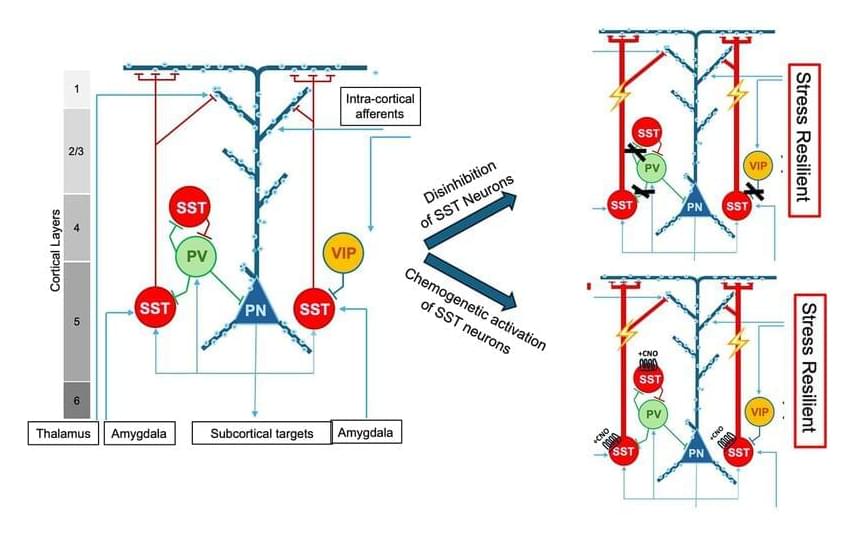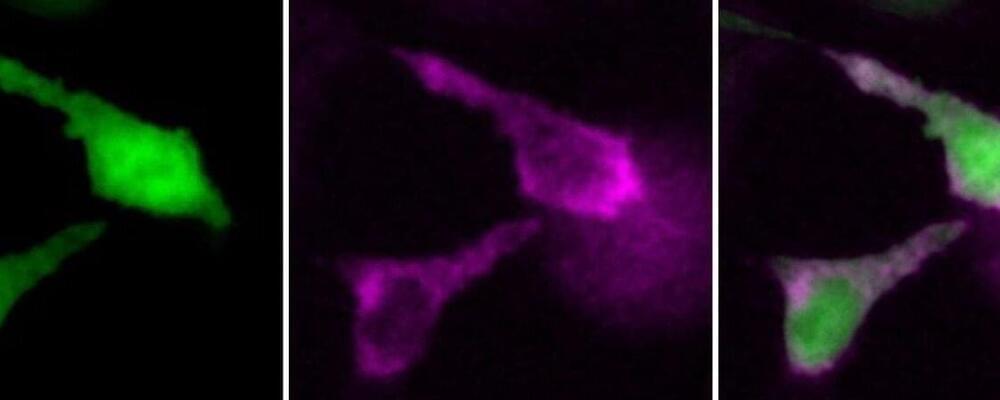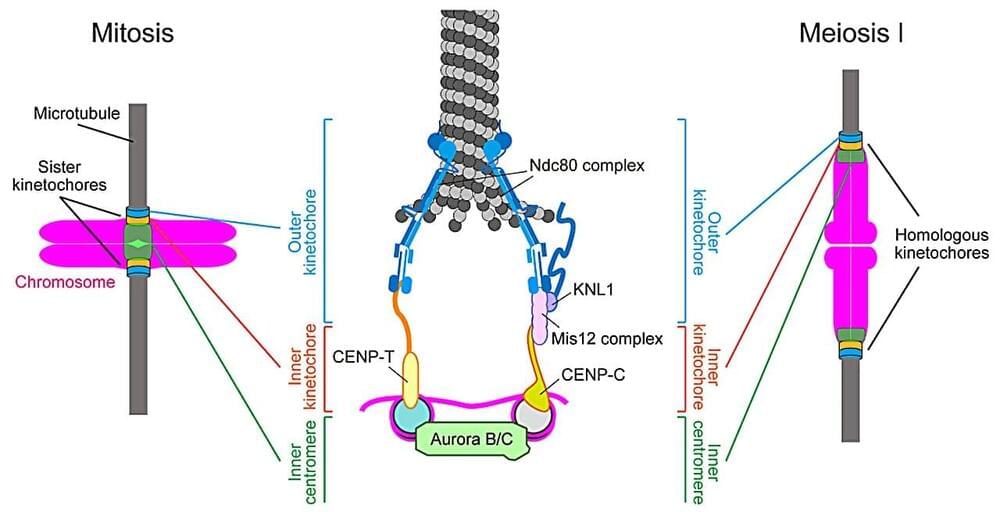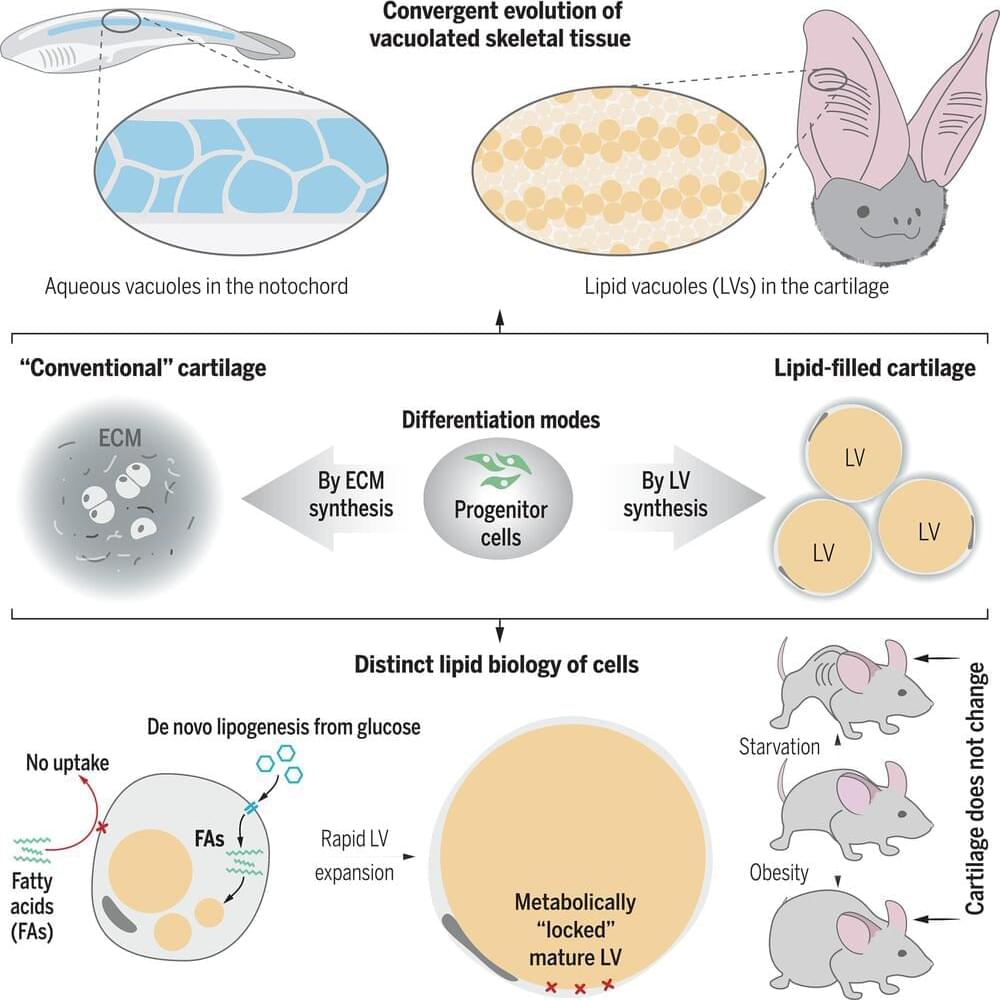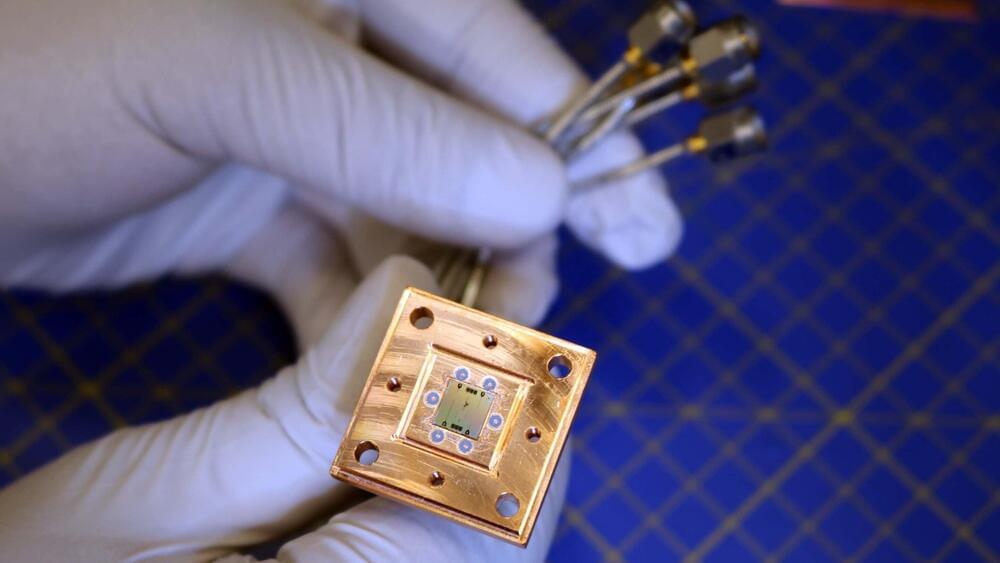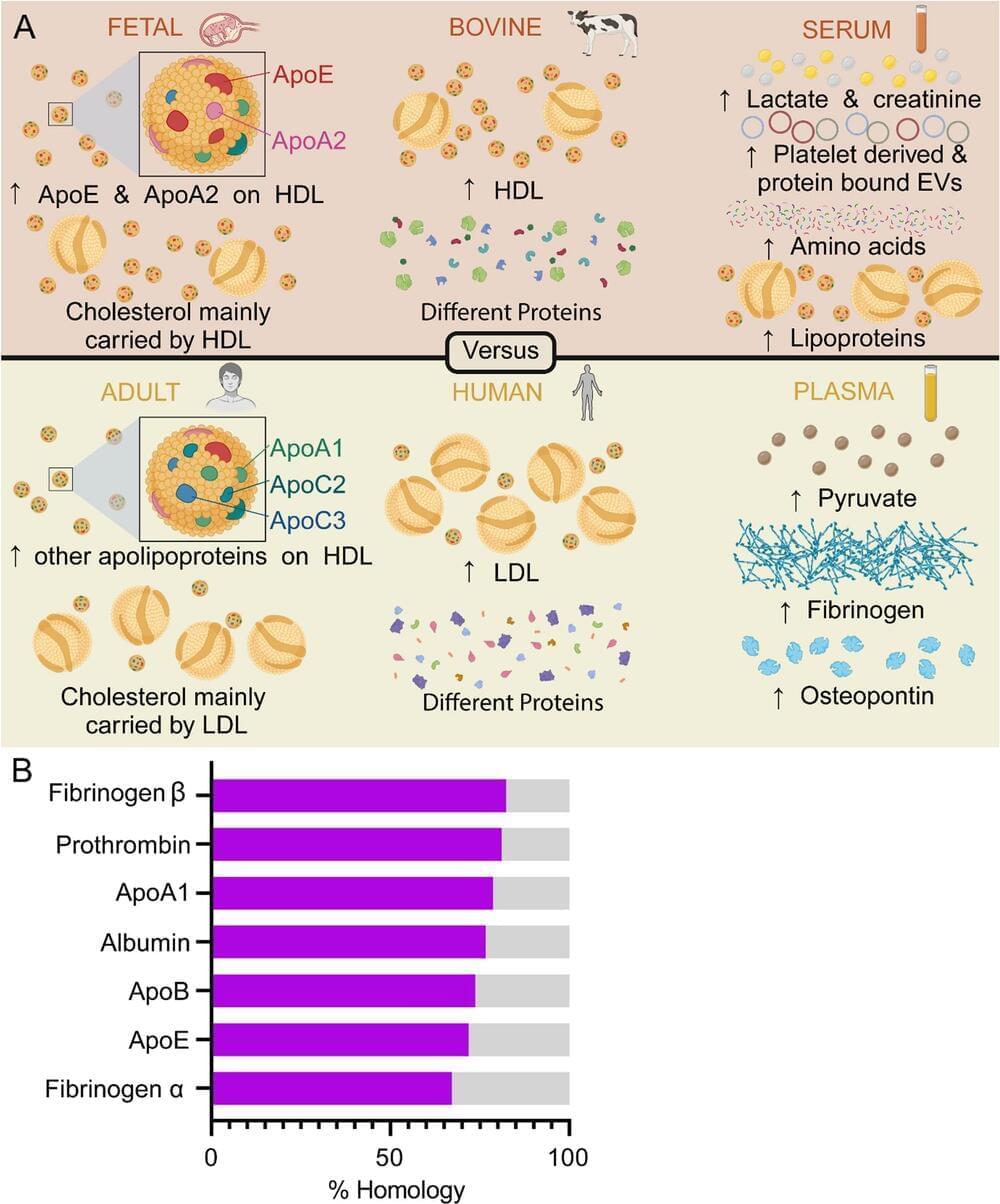Quantum computers require extreme cooling to perform reliable calculations. One of the challenges preventing quantum computers from entering society is the difficulty of freezing the qubits to temperatures close to absolute zero.
Now, researchers at Chalmers University of Technology, Sweden, and the University of Maryland, U.S., have engineered a new type of refrigerator that can autonomously cool superconducting qubits to record low temperatures, paving the way for more reliable quantum computation.
Quantum computers have the potential to revolutionize fundamental technologies in various sectors of society, with applications in medicine, energy, encryption, AI, and logistics. While the building blocks of a classical computer—bits—can take a value of either 0 or 1, the most common building blocks in quantum computers—qubits—can have a value of 0 and 1 simultaneously.

